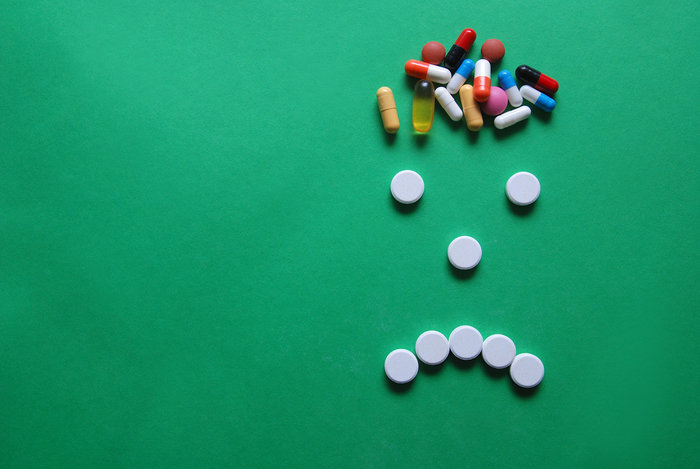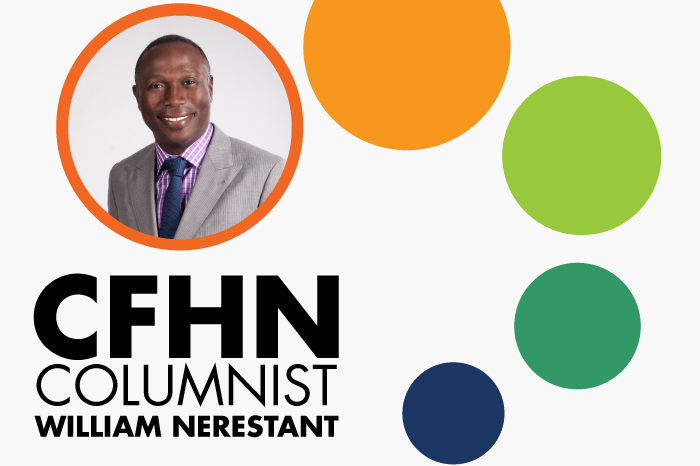
Health News
Features
-
Antibiotics: Fact vs. fiction
Modern Wonder Drugs Not a Cure-All Since it was used in World War II, penicillin has saved countless lives. The use of antibiotics has grown— to the point where it’s become a medical standby. But antibiotics can be overused. Our bodies contain bacteria, or “normal bacterial flora” on the skin and other places. “By exposing…
-
Pop Quiz: Is work-related stress affecting your health?
Find out where strain at work may lurk and if the stress is helping or hindering your well-being. We’ve all heard before that jobs can be stressful, but could your regular nine-to- five responsibilities be causing you just sleepless nights or putting you on the fast track to a heart attack? Learn more about job…
-
Creative ways to say ‘thank you’ to the family caregiver
Chances are, you know someone who is a family caregiver even if you aren’t one yourself. According to the Caregiver Action Network (CAN), 90 million adults— two out of every five in the entire country— are responsible for the bulk of a family member’s care. November is National Family Caregivers Month, and this year is…
Columns
-
Editor’s Dose: The story behind Walt Hall Tribute Day at LEGOLAND® Florida Resort
When people think of the Boys & Girls Clubs, some phrases that come to mind are “cultivating character” or “education and leadership development.” But like all good organizations, it’s the people who operate the programs day-in and day-out that mold our impressions of an institution for mentoring the leaders of tomorrow. We don’t just think…
-
Word of Mouth: When it’s NOT good to be sensitive!
Sensitivity is a desirable trait in many situations these days, but that’s definitely not the case when it concerns your teeth. Experiencing continued sensitivity in your teeth is a sign that something is wrong in your mouth. If you experience pain or sensitivity while brushing and flossing, or have hypersensitivity to hot or cold, then…
-
Medical Advice: Addressing childhood obesity NOW to avoid disease LATER
Healthcare is becoming more expensive every year. In 2010, the United States spent 17 percent of its budget on healthcare costs. By 2016, that number is expected to rise to 20 percent. Chronic diseases, such as heart disease and diabetes, account for the majority of the national health expenditures.





